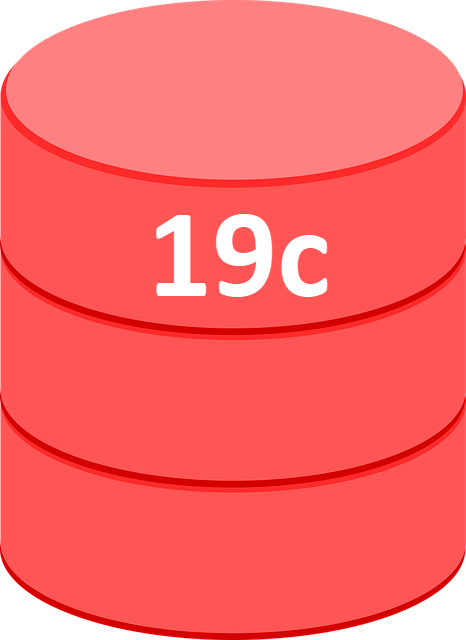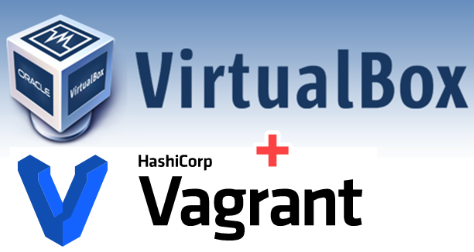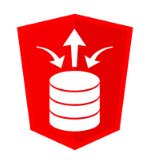I can’t express how frustrating it is to be passed an email that’s bounced around multiple times, then ends up in your inbox with a message of, “Please action this!”
You then spend the next X minutes reading the whole of the chain, trying to understand what you are being asked to do, and eventually get to something that could have been expressed in a couple of sentences, which would not have wasted your time. Sometimes the context in the chain is important, but on many occasions you just need to know what they want you to do.
So what should you do?
Put the action in your email and copy/paste any necessary information into it, so it becomes a self-contained mail. The rest of the chain can remain there, just in case someone wants the additional context, but the email can be read in isolation. A simple technique is to include a TL;DR which cuts to the chase, and all the additional stuff is there if someone needs it. I sometimes do this type of thing.
TL;DR
We need to do X because it is about to explode!
Boring Stuff:
Full background about the issue, including references to things further down the chain…
I’m not trying to claim I’m perfect at this, but I seem to be the victim of this bad communication a lot!
Relevant Subject Text
Over the course of an email chain, the subject of the conversation often changes, but people rarely change the subject of the mail, so when something with a subject of “P1 System X is down!” keeps appearing in your inbox, it gets very tiresome very quickly!
Now I understand that for some people keeping the same subject may seem important, as they remember the discussion, but when you are part of loads of chain emails like this, each running for days, having the wrong subject in the email can be really problematic.
What’s in the Chain?
Another thing about email chains is you really need to check what is written in them before forwarding them to others.
I had one occasion in my current company when I was forwarded an email. I read the whole chain to understand the context and found a consultant telling lies about me to try and cover his own incompetence. You can bet I went supernova and replied to everyone that ever read that email chain, including the evidence to prove the consultant was a lying scumbag piece of shit. He still works here by the way! I hope he’s reading this!
Cheers
Tim…
PS. I accidentally deleted the contents of my inbox this morning. It’s amazing how quickly that solves the frustration of bad communication! 🙂






